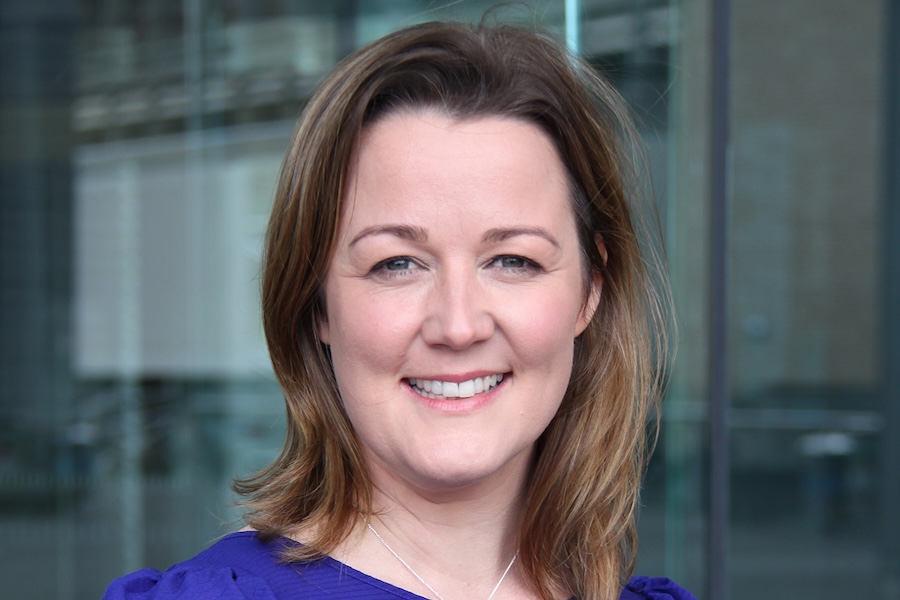‘Tech bro’ culture stifling New Zealand’s start-up sector
The hypermasculine ‘tech bro’ culture often associated with Silicon Valley is alive and well in New Zealand’s start-up scene, according to University of Auckland researchers.
In a new paper by Professor Anne de Bruin and Dr Janine Swail, the academics explore how gender dynamics shape entrepreneurial ecosystems – the networks, organisations, and funding systems that support start-ups. Despite a perception of openness, these ecosystems are far from gender-neutral, they argue.
“The strong association of masculine traits with entrepreneurship persists, hindering gender equity,” says de Bruin.
Swail highlights that Auckland’s start-up sector, in particular, remains dominated by a ‘tech bro’ culture. “We need to rethink what it means to be inclusive in entrepreneurship,” she says.
A significant barrier, according to the researchers, is the unacknowledged gender bias embedded in the structures and language of the startup world. Swail describes how the culture can be alienating for women and non-binary entrepreneurs.
“Imagine you’re a female deep-tech entrepreneur looking for a lab or an accelerator programme,” she explains.
“You walk into a space that feels overwhelmingly masculine – in-jokes, blokey language, a boys’ club. It can be difficult to feel like you belong, let alone thrive.”
De Bruin points to New Zealand’s venture capital ecosystem as an example, where the majority of decision-makers are men.
“The way people communicate and operate in that world is often coded in a very masculine way. Language matters, and when we start to unpack it, we see how women and others are often excluded, even unintentionally.”

For New Zealand to foster a genuinely diverse startup sector, the researchers argue, it must confront these biases and actively work towards gender-equitable ecosystems.
One model for change is Coralus (formerly SheEO), an organisation that has pioneered more inclusive funding structures for women and non-binary entrepreneurs. Since its launch in Canada in 2015, Coralus has flipped traditional funding models and distributed nearly $19 million to over 190 ventures using a collective decision-making approach.
“By challenging traditional funding structures, Coralus reimagines what an entrepreneurial ecosystem can look like,” says Swail.
“Even the name change – from SheEO to Coralus – reflects a broader, more inclusive vision.”
If New Zealand is serious about building a more inclusive and innovative start-up sector, systemic change is necessary, says de Bruin.
“We can create new pathways and build a future for entrepreneurship that’s more inclusive, more equitable, and ultimately, more innovative.”







